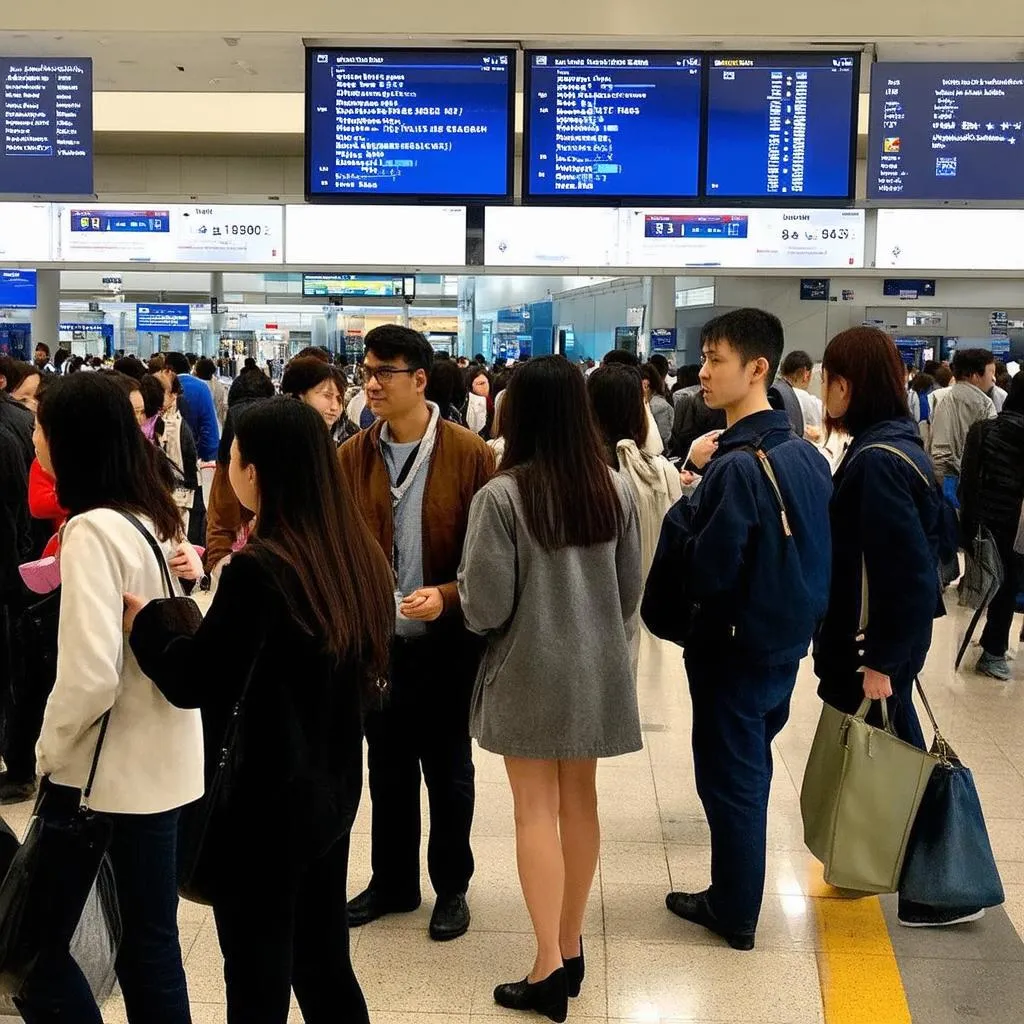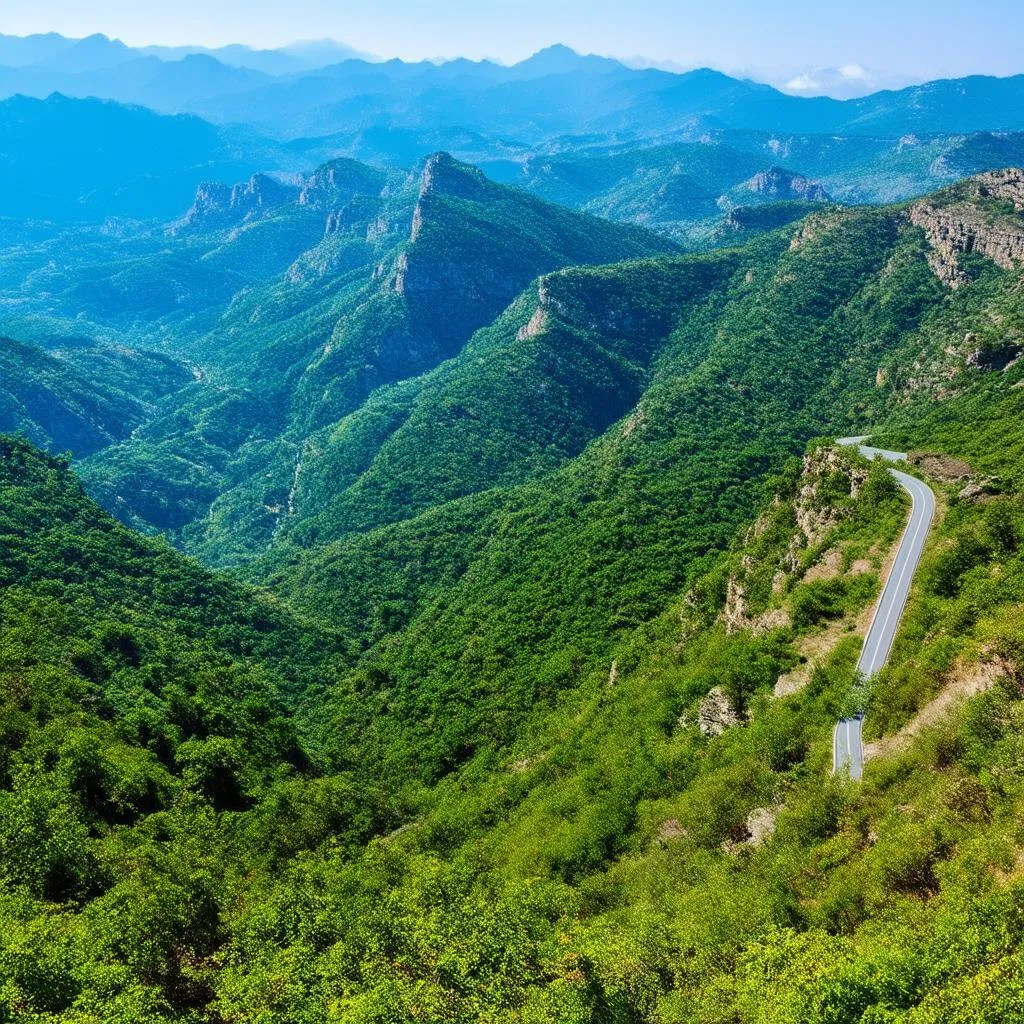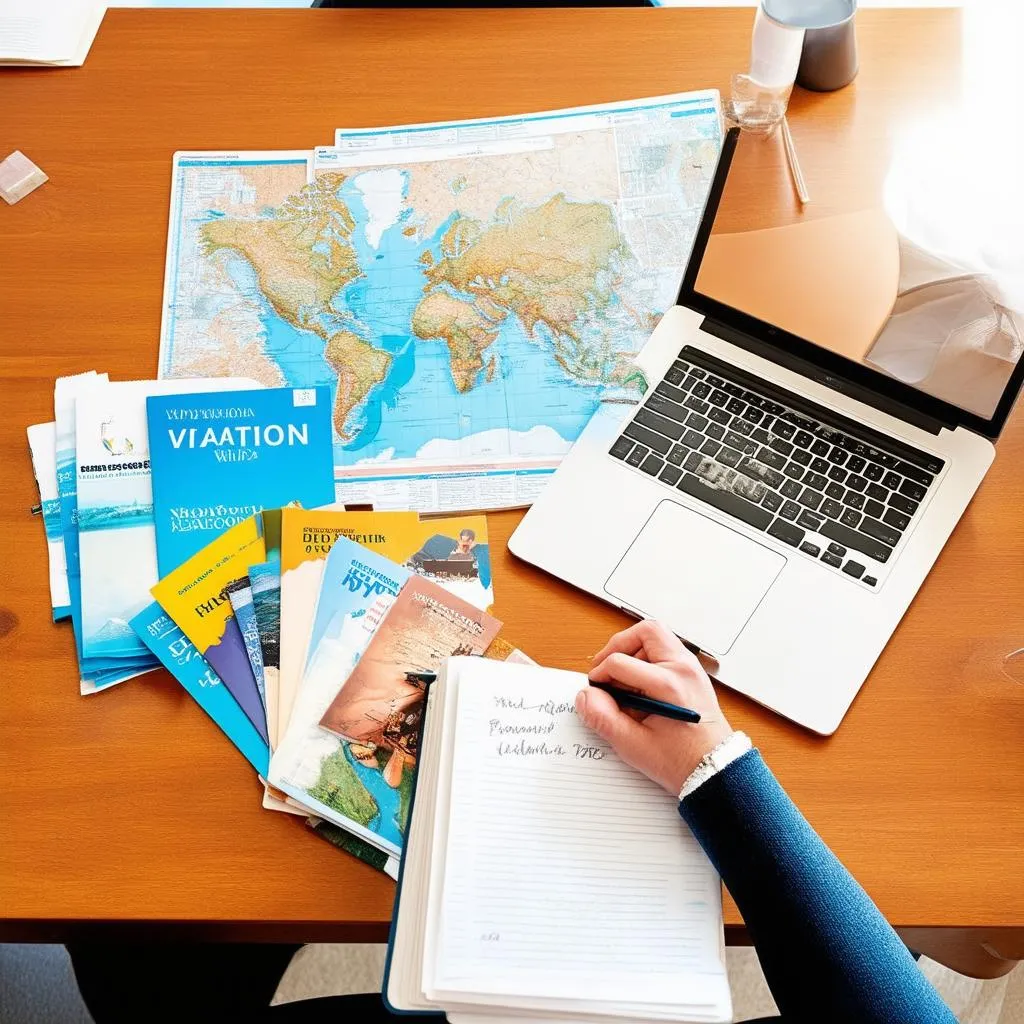Have you ever found yourself lost in translation, struggling to communicate your travel desires in a foreign land? Or maybe you’re simply looking to expand your vocabulary and sound like a seasoned traveler. Whatever your motivation, understanding travel vocabulary is essential for a smooth and enriching journey.
In this comprehensive guide, we’ll delve into the world of travel vocabulary, uncovering essential terms, phrases, and insider tips to enhance your travel experiences.
The Language of Exploration
Understanding the Basics
Imagine you’re walking down a bustling street in Bangkok, Thailand, and you want to ask for directions to the Grand Palace. You might say “Excuse me, could you please tell me how to get to the Grand Palace?” But what if you don’t know the right words?
That’s where travel vocabulary comes in. It’s not just about knowing the names of famous landmarks; it’s about understanding the essential words and phrases you need to navigate new environments, interact with locals, and make the most of your adventures.
Key Travel Vocabulary
Let’s break down some essential categories of travel vocabulary:
Accommodation:
- Hotel: A place to stay with rooms and amenities like a swimming pool or a gym.
- Hostel: A budget-friendly option for travelers, often with shared rooms.
- Guest house: A smaller, more intimate place to stay, often run by a family.
- Airbnb: A platform for booking short-term rentals, from apartments to entire houses.
- Check-in: The process of arriving at your accommodation and registering.
- Check-out: The process of leaving your accommodation and settling your bill.
Transportation:
- Airplane: A vehicle that flies.
- Train: A vehicle that travels on rails.
- Bus: A vehicle that travels on roads.
- Taxi: A car that you can hire to take you somewhere.
- Metro: A system of underground trains.
- Airport: A place where airplanes land and take off.
- Station: A place where trains and buses stop.
Food and Drink:
- Restaurant: A place where you can eat out.
- Cafe: A place where you can get coffee and snacks.
- Bar: A place where you can get drinks, often with live music or entertainment.
- Menu: A list of food and drinks available at a restaurant.
- Appetizer: A small dish served before a meal.
- Dessert: A sweet dish served at the end of a meal.
Culture and Customs:
- Culture: The customs, traditions, and beliefs of a people.
- Custom: A usual practice or way of doing things.
- Tradition: A practice or belief passed down from generation to generation.
- Language: A system of communication used by a particular people.
- Currency: The money used in a particular country.
Travel Essentials:
- Passport: A document that identifies you as a citizen of a particular country.
- Visa: A permit that allows you to enter and stay in a foreign country.
- Luggage: Bags or suitcases for carrying your belongings.
- Map: A diagram showing the layout of a city, region, or country.
- Guidebook: A book with information about a particular place.
Mastering the Art of Communication
Beyond individual words, learning essential phrases can help you navigate everyday situations. Here are a few examples:
- “Excuse me…” – Used to get someone’s attention politely.
- “Please…” – A polite way to make a request.
- “Thank you…” – A way to express gratitude.
- “I don’t understand…” – Used to express confusion.
- “Where is the bathroom?” – A crucial phrase for anyone traveling.
Exploring Beyond the Basics
Travel vocabulary isn’t just about survival. It’s about enriching your experience and connecting with the people and places you visit.
Consider these tips:
- Learn a few basic phrases in the local language. This shows respect and can help you connect with locals.
- Carry a travel dictionary or phrasebook. This can be a lifesaver when you need to look up a word or phrase.
- Use online translation tools. These can be helpful in a pinch, but remember they may not always be accurate.
Travel Tips from the Experts
As a travel enthusiast, I’ve learned that the journey is just as important as the destination. Dr. Emma Johnson, author of “The Art of Travel,” emphasizes the importance of embracing cultural differences: “Travel is about expanding your horizons, stepping outside of your comfort zone, and learning from new experiences.”
Dr. Michael Lee, a renowned travel blogger, adds, “Travel vocabulary is not just about words, it’s about understanding the nuances of a culture. The way people greet each other, the customs around food, and even the way they use their hands can tell you a lot about a place.”
A Personal Travel Story
My first solo trip to Paris was a whirlwind of excitement and cultural immersion. As I wandered through the charming streets of Le Marais, I stumbled upon a small, hidden bakery. I didn’t speak much French, but with a few basic phrases and a lot of hand gestures, I managed to order a delicious croissant. It was a simple interaction, but it taught me the power of nonverbal communication and the importance of embracing the unknown.
Feng Shui and Travel
Feng Shui, the ancient Chinese art of placement, can also be applied to travel. Consider these tips for a harmonious journey:
- Choose a destination aligned with your personal energy. For example, if you’re seeking tranquility, consider a trip to a natural setting like a mountain range.
- Pack light and declutter your luggage. This allows for a lighter journey and can symbolize leaving behind negative energy.
- Take time to appreciate the beauty of your surroundings. Pay attention to the colors, sounds, and scents of your destination.
Planning Your Next Adventure
Now that you’ve equipped yourself with travel vocabulary and expert tips, it’s time to plan your next adventure!
Here’s a comprehensive checklist:
- Set a budget. Determine how much you can afford to spend on travel.
- Choose a destination. Consider your interests and travel style.
- Book flights and accommodation.
- Research local customs and etiquette.
- Pack your bags.
- Prepare a travel journal.
- Most importantly, embrace the unknown!
FAQs About Travel
Q: What are the most useful phrases to learn in a foreign language?
A: Basic greetings, thank yous, please, and phrases for asking for directions or help are essential.
Q: How can I learn travel vocabulary quickly?
A: Use flash cards, apps, online resources, or even take a language class.
Q: What are some tips for navigating a new city?
A: Use a map, download a translation app, and ask for directions when needed.
Q: How can I find travel deals?
A: Use travel websites, sign up for email alerts, and be flexible with your travel dates.
Explore More with Travelcar.edu.vn
For more inspiration and resources on planning your next travel adventure, visit Travelcar.edu.vn. We offer a wide range of information and articles on various travel destinations, tips, and insights to help you plan your dream vacation.
Let’s Connect!
Have you ever faced a travel challenge that you overcame with the help of vocabulary? Share your stories in the comments below. We’d love to hear from you!
 vocabulary-words-for-travelers
vocabulary-words-for-travelers
 beautiful-travel-destinations
beautiful-travel-destinations
 planning-your-next-trip
planning-your-next-trip